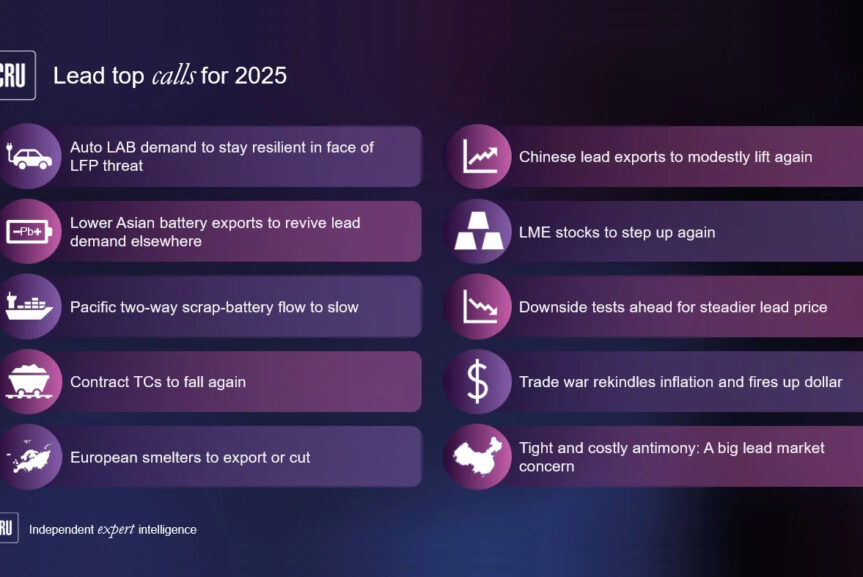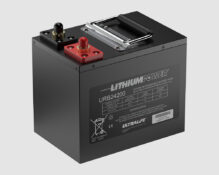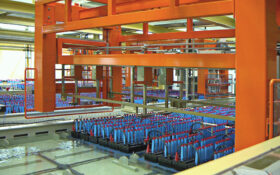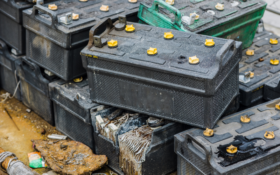Kazakhstan has extended its export restrictions on ferrous and non-ferrous waste exports and this includes lead and lead-acid batteries.
According to a report by S&P Global, Kazakhstan’s minister of industry and construction issued a six-month ban on 24 October on the export of ferrous and non-ferrous metal waste and scrap.
The ban took effect on 2 November and applies to waste and scrap from lead, including lead batteries, copper, aluminium and other waste, along with scrap containing cadmium or mercury. The ban also covers steel scrap, including ingots and other semi-finished products for remelting.
The country previously banned the export of non-ferrous metals by all means of transportation via a six-month order in October 2022, repeated in October 2023.
Kazakhstan reportedly supplied Russia with 692,000 tonnes and 591,000 tonnes of ferrous scrap in 2022 and 2023 respectively. In February 2024, the ministry extended the ban to alleviate scrap shortages in its domestic steel industry amid a housing construction boom.
Local media reported in August that Kazakhstan was considering export duties on commodities, including metals, to cover its budget deficit.
Photo: The city of Astana, capital of the Republic of Kazakhstan. Shutterstock.












